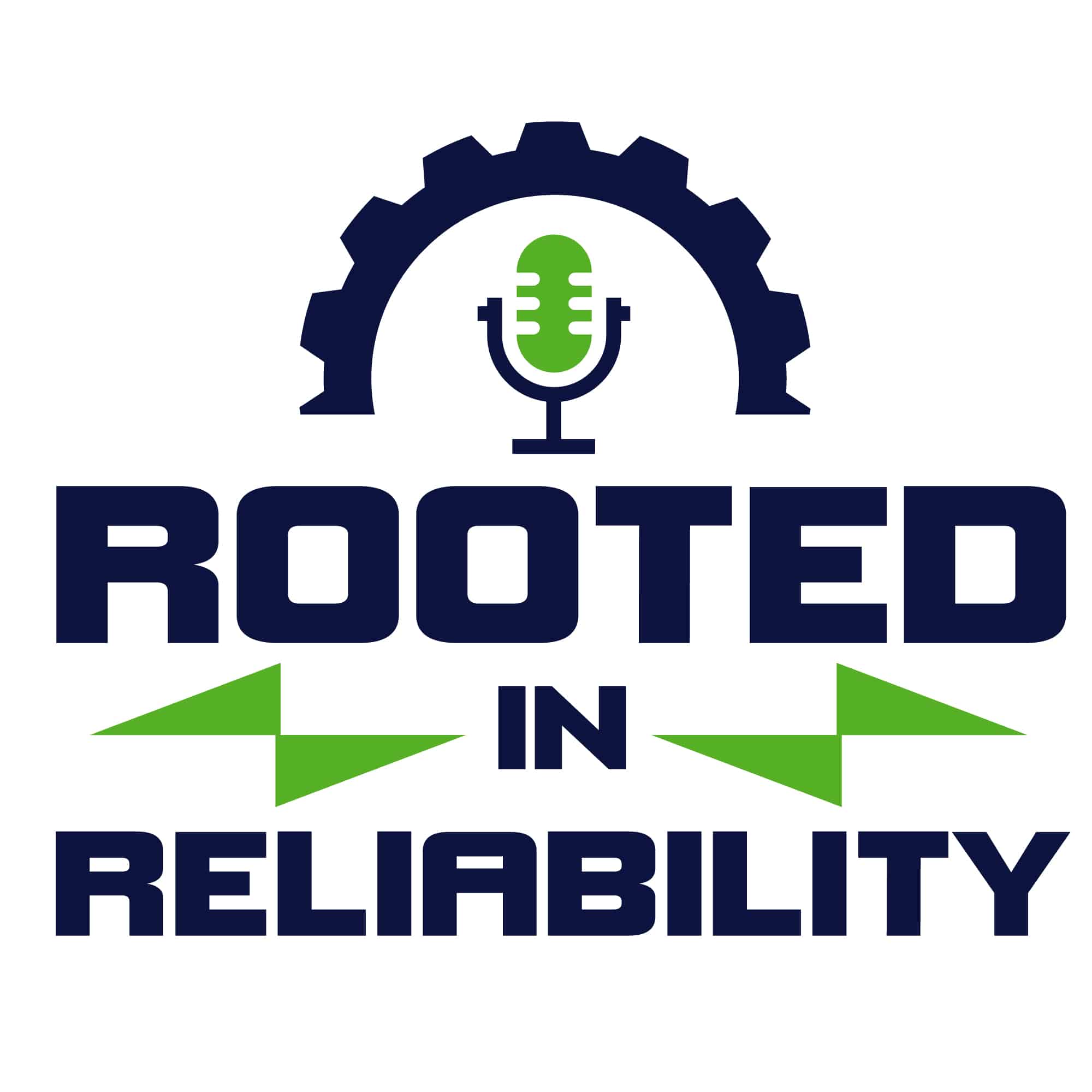
Asset Effectiveness Model with Paul Daoust
In asset management, the organizations have a lot to do. They can’t go about making intelligent decisions every time without the help of team leaders and their engineering team. They are the ones who have to find the balance between performance cost, risks, and ROI. If they make good decisions, the organization’s top-level management will be able to focus on other things. They will be able to make sure that all the resources are provided for. The training, coaching, and implementation processes are going the way they are supposed to. This is where Asset Effectiveness model comes in handy.
In this episode, we covered:
- What Asset Effectiveness Model is
- Decision-making criteria for Asset Effectiveness Model, and why they are important
- How this framework and its practices align to benefit the organization
- How does this model actually work
- How can a maintenance or asset management professional design an asset effectiveness model
- The type of improvements seen using this model
- Types of data needed to start using this asset management framework to identify those loses, etc.
- And much more!
It helps you manage your whole sites in an effective way. You just need to determine the assets that contribute the most to your performance because not every asset needs the same level of attention. You can divide your whole facility into smaller sites that contribute to the overall cost of performance. Then, you can evaluate the assets in them using the asset effectiveness model to know what risks are involved in managing those assets the way you want to. You need to know the conditions every asset group is exposed to and then apply these standards practices differently on every smaller site.
When you divide your facilities that way, you will be able to access the condition of the assets in a better way and take the best measures to ensure reliability in those assets. The asset and risk management leaders need to take the lead and then coach their site managers on how to best implement solutions while making wise decisions to balance performance measures. They sort of have to cascade the objectives and goals of the organizations throughout the entire facilities. They need to check the feasibility of methods and processes using their systems and set strategies along with performance accountability.
When you implement strategies like that, everyone has the same shared goals and objectives. They work with coherent strategies and have a better understanding of the results that are expected. They strive towards achieving the performance goals and make sure that the performance-to-cost ratio is satisfied. There is an alignment between asset management techniques and every business case is implemented the way it should be. This way, you are able to predict or get help from the other business cases who might have done well against a risk. Then, you will be able to make intelligent decisions regarding risk management using a proactive approach.
You can apply it in various areas of the organization. Some big ones include investment planning, portfolio planning, and capital growth. All you need to do is get that decision-making time up. The more time you have, better the decision will be. You don’t have to build every process from scratch to use this framework. You can just build this framework around already existing processes and organizational practices. You just need to know the maturity level of the process, promote best practices, promote change, and help your leaders and yourself grow.
Eruditio Links:
- Eruditio
- HP Reliability
- A Smarter Way of Preventative Maintenance Free eBook
- inspired Blended Learning (iBL®)
- James Kovacevic’s LinkedIn
Paul Daoust Links:
- Scio Asset Management
- Paul Daoust LinkedIn
- Follow Paul on Twitter
- Follow Paul on Patreon
- Follow Paul on Medium
- Conferences: PEMAC MainTrain 2018 (where he will be presenting a topic entitled “Show Me Your Business”)

Rooted In Reliability podcast is a proud member of Reliability.fm network. We encourage you to please rate and review this podcast on iTunes and Stitcher. It ensures the podcast stays relevant and is easy to find by like-minded professionals. It is only with your ratings and reviews that the Rooted In Reliability podcast can continue to grow. Thank you for providing the small but critical support for the Rooted In Reliability podcast!
 Ask a question or send along a comment.
Please login to view and use the contact form.
Ask a question or send along a comment.
Please login to view and use the contact form.
Leave a Reply